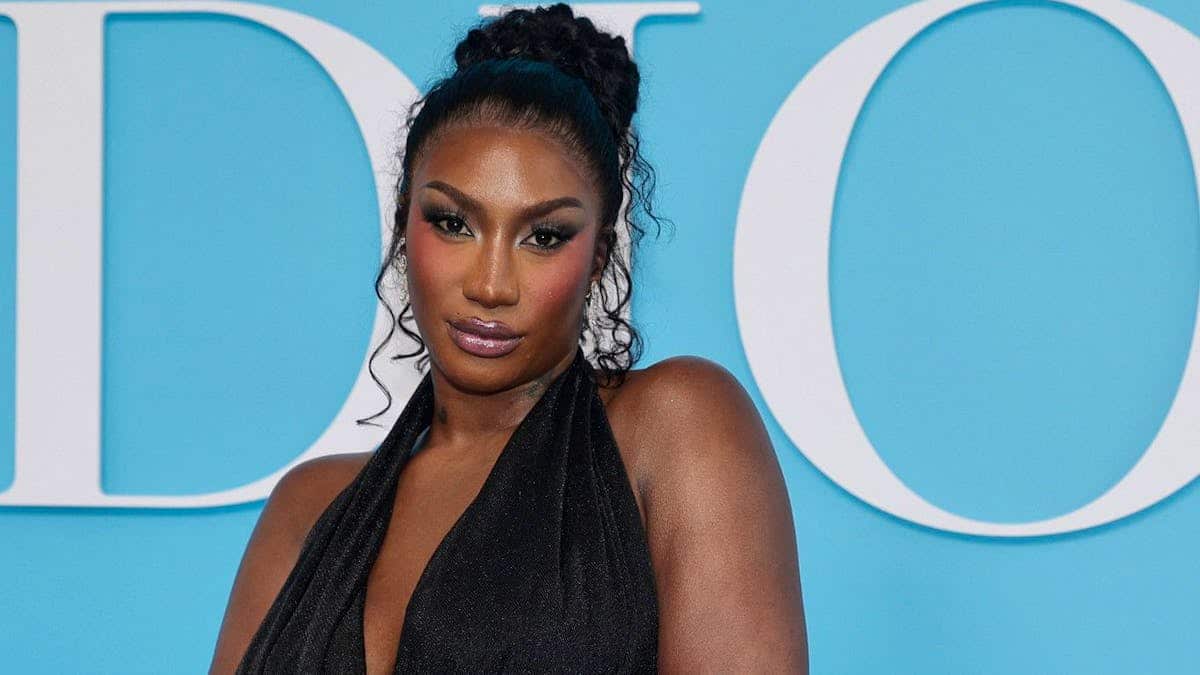Ten identity activists were sentenced to fines on Wednesday up to 3000 euros on Wednesday for having posted a photo of a protesting racist connotation against the participation of the participation of singer Aya Nakamura on the opening ceremony of the Paris Olympics on Wednesday.
The Paris Criminal Court has reclaimed the facts, considering that it was not provocation to hatred because of the origin, ethnicity, nation, race or religion, as the accusation had estimated it, but aggravated public insult, a less serious offense.
Three activists were released.
On March 9, 2024, after the singer’s participation in the opening ceremony of the Olympic Games, the Groupuscule Identitaire “The Natives”, to which the defendants belonged, posted on her social networks a photo of a Brandie banner on Saint-Louis Island in Paris, on which was written “There is no way Aya, here is Paris, not the Bamako market”- “Djadja” and in his city of birth in Mali.
The X account of the group identity also regretted “replacing French elegance with vulgarity, Africanizing our popular songs and ousting the people of strain in favor of extra-European immigration”.
During the hearing in early June, the prosecutor had claimed sorrows of four months suspended from four months’ imprisonment, by denouncing “hateful rhetoric” of the accused and “the racist and discriminatory character”.
“What is played out today is the question of freedom of expression and that of the independence of the judicial system,” said one of the defendants, spokesperson for the natives.
Two of the people prosecuted were sentenced to 3000 euros firm, one to 3000 euros, including 1000 euros suspended, four to 3000 euros, 2000 euros suspended, and three to 2000 euros suspended.

